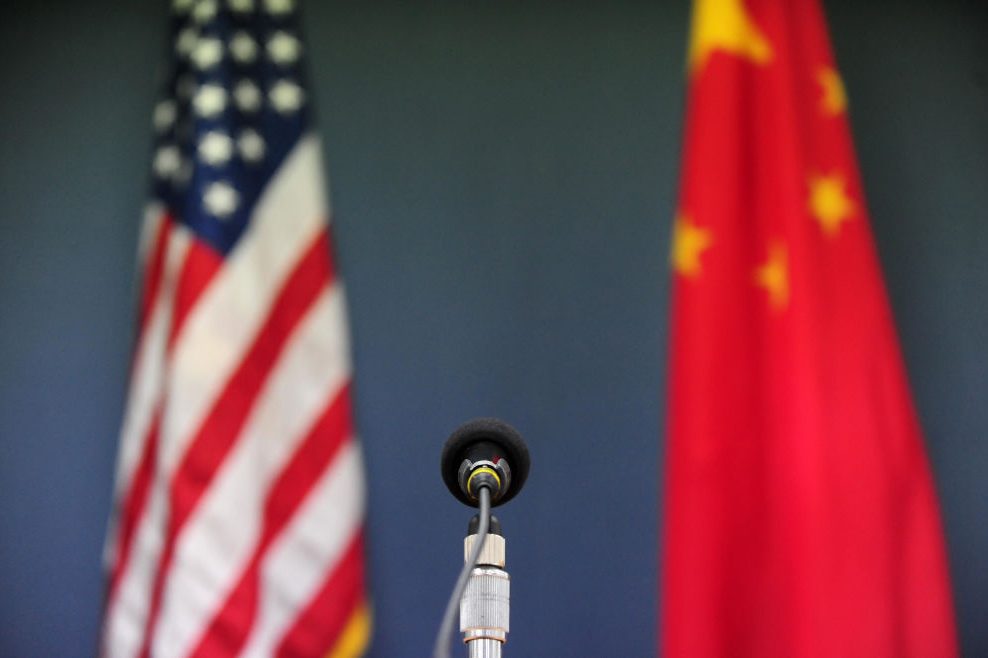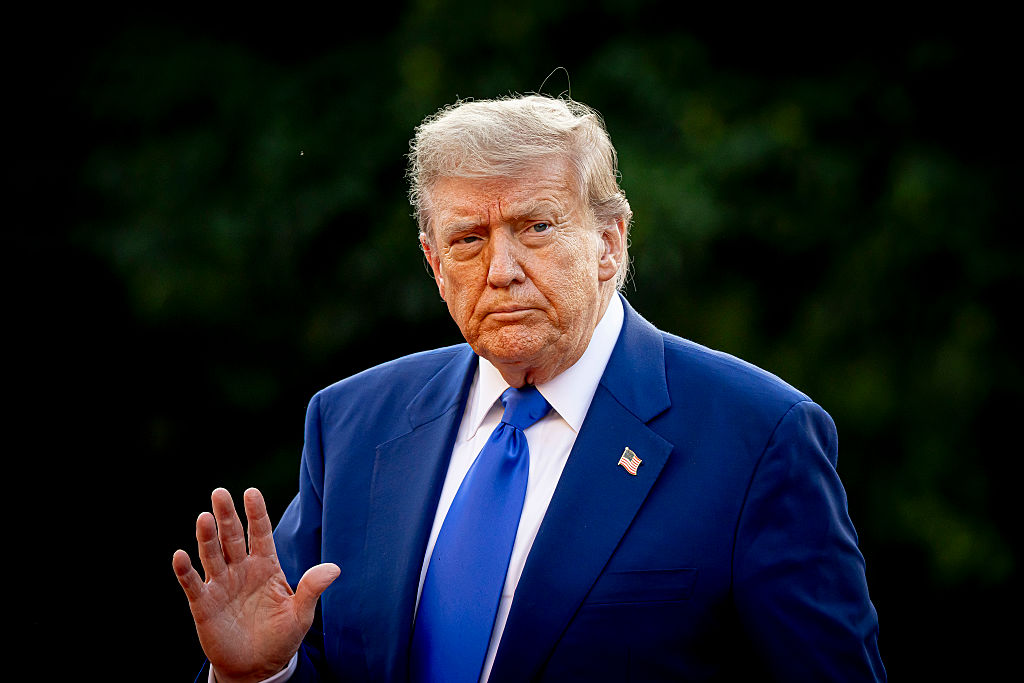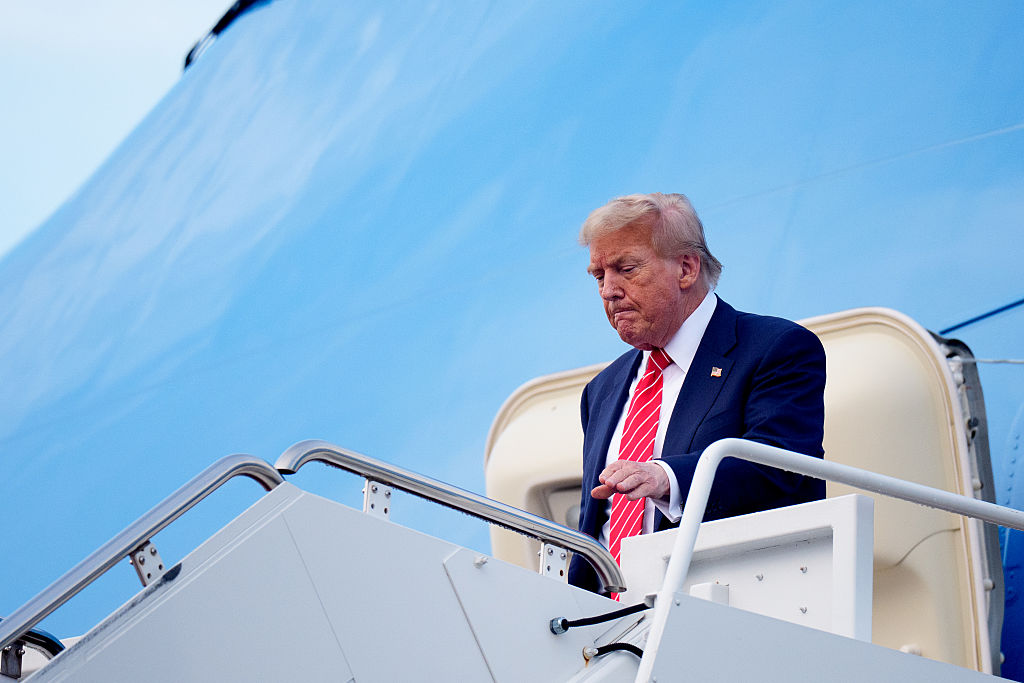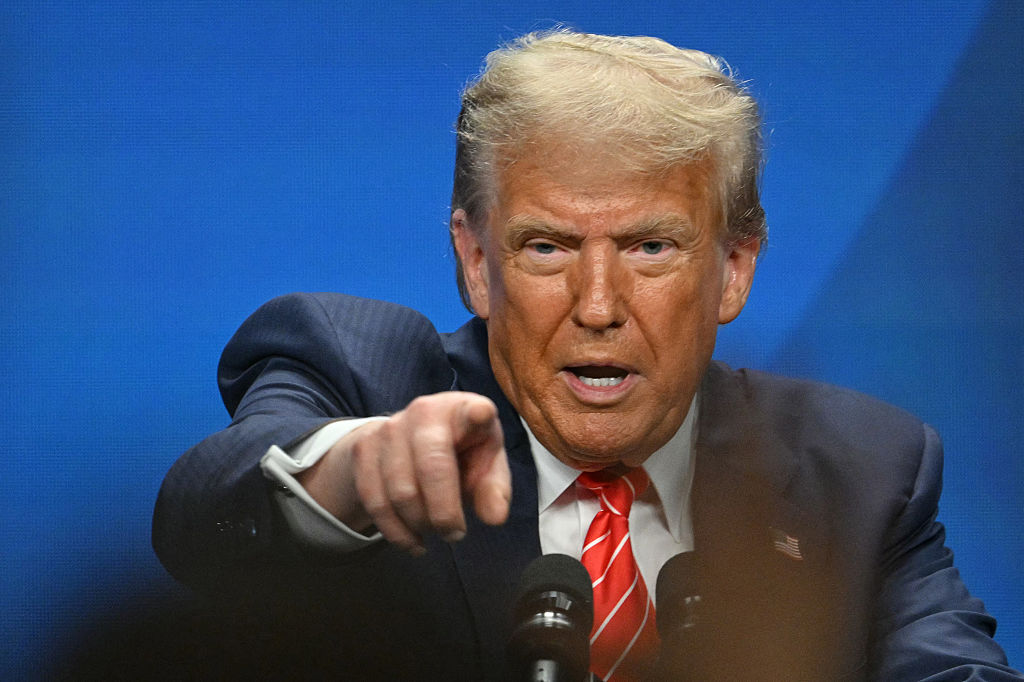The century began with a global celebration — the West’s belief in liberal democratic capitalism had battled foes for centuries and emerged victorious. All that remained was for the rest of the globe to melt into the West’s soft and loving embrace.
Two decades in, things look much less rosy. China’s rapid rise has not spurred democratization, as many suggested it might; instead it has nourished a massive ideological and political competitor that may supplant the West not only economically but as an arbiter of global culture and behavior.
Western decline is not yet inevitable, but Western values will survive and spread only if leaders recognize two clear facts. The first is that the spread of Western values has in large part been due to the dominance of Western power. The second is that Western relative economic and military power has been waning for decades and is still on a downward path.
Recognizing these realities will mean a substantial revision of the way Western nations interact with other powers. Bereft of the old monopoly on wealth and power, they will have to persuade rather than compel, and to reassess which of their values they consider most important to promulgate.
This approach — which has already proven successful in places such as Japan and South Korea — will mean the next century can have the freedom and prosperity so hoped for at the turn of the millennium. Trying to bludgeon the non-Western world into compliance is, unsurprisingly, likely to help mold an anti-Western alliance that could soon hold the upper hand.
The West has been globally dominant for so long that we have forgotten that it once was a relative backwater. China, Mesopotamia and Egypt were civilized when Europe and the Americas were uncultivated and dominated by nomadic tribes. Rome and Greece flowered but neither could consistently project power far from their Mediterranean base. Europe was almost conquered by Arabs in the eighth century and Huns in the thirteenth. Even as late as the seventeenth century European powers struggled to hold their own against the Turks.
That changed with the advent of modern science and its implications for both exploration and warfare. Western sailing ships and navigational tools meant only Western nations could consistently project power to conquer lands on other continents. Its guns allowed it to smash the Aztec and Incan civilizations with minimal effort, and increasingly gave it the upper hand against other competitors. Europeans steadily advanced in Southeast Asia throughout the sixteenth and seventeenth centuries, subduing what are now the Philippines and Indonesia. By the end of the eighteenth century, the Americas had been subdued and much of Asia was either directly controlled by Western powers or under increasing assault.
Nineteenth-century colonialism saw the zenith of European power, with China repeatedly humbled and the vast expanse of India brought under the control of the British Raj. Africa was carved up between competing European nations; Russia crushed ancient kingdoms in the Caucasus and Central Asia. Europe and its spawn, the United States, were triumphant.
Virtually every nation in the world today has at one time been ruled by a Western nation. Only a few — Turkey, China, Thailand and Japan most notably — survived the era without extensive colonization.
This dominance did not fade as empires retreated. After World War Two, Western countries ceded formal control of former territories, but often retained economic and military dominance. In 1969, 81 percent of global GDP came from countries that were either part of Western Europe or in a military alliance with the United States. This new collection of countries included some Asiatic nations, such as Japan and South Korea, which had been subdued or rescued from communist invasion by American-led forces in the mid-twentieth century. These non-European additions nevertheless usually joined with the European and former British colonial nations to form a united and globally dominant order.
This dominance continued even as the rest of the world grew. By 1999, the same nations created nearly 80 percent of global GDP. The collapse of the Soviet Union had driven much of the rest of the world into the West’s embrace. The so-called Washington Consensus — the support for a global free-trade regime adumbrated by such institutions as the IMF and the World Bank — was largely created by the Western desire to take advantage of cheap labor and materials in the developing world and to prosper as a result.
The massive economic success of this effort has created the prospect of a geopolitical monster. By 2010 the core West’s share of global GDP had dropped below 75 percent. On the eve of Russia’s 2022 invasion of Ukraine, that share was only 57.6 percent.
This fact underlies much of the international unwillingness to seriously oppose the Ukraine invasion. Russia’s list of “unfriendly countries” offers a good proxy list of nations most ardently opposed to its war; it is nearly identical to those in the core West. Tellingly, countries that did not support the UN resolution condemning Russia’s invasion supplied only about a total of 27 percent of world GDP.
But the ratio of GDP share held by the West and those nations which haven’t condemned the Russian invasion is likely to shift in coming decades: the Organization for Economic Co-operation and Development forecast for 2060 soberingly projects that China’s GDP alone will be larger than the United States’s and Western Europe’s combined.
The combined projection for the powers that haven’t sanctioned Russia is even more alarming. OECD predicts that the seven largest non-sanctioning nations will control 59 percent of global GDP in 2060. Add just the next four largest non-sanctioning nations and their share of global GDP rises to 62.4 percent. The hunted will become the hunter.
It’s possible these forecasts will not fully materialize. Western capital and trade still fuels much economic growth elsewhere, and retreat from the Washington free-trade consensus could preserve relative Western superiority for a while longer. But the genie is out of the bottle, in large part due to China’s rise — it can now act as an engine of investment and growth globally and will surely try to do so if the West pulls back. Efforts by the West to form its own exclusive global trading network — call it “Fortress Occidentia” — could hold back the tides for only so long in such a scenario.
The future of the West and its ideals, whether they thrive or shrivel, depends entirely on how it responds to these facts over the next quarter century.
Force of habit will likely delay an effective answer in the near term. Ronald Reagan once observed that “human nature resists change and it goes over backward to avoid radical change.” The inclination to bludgeon others into compliance is most obviously present in the use of military threat or economic control, but it has cultural and environmental elements too.
For example, the emphasis Western leaders place on modern sexual and religious mores in their dealings with non-Western nations is viewed by many as another form of colonialism. India is by some measures one of the most religious nations in the world but efforts to put the dominant religion, Hinduism, at the center of Indian identity are often criticized in the West. Acceptance of homosexuality by society remains distinctly low in many Islamic and African countries, even functioning democracies like Nigeria and Indonesia. The insistence that only current Western cultural attitudes can be indicative of “real democracy” will not persuade those nations’ leaders to align with the West.
Climate-change radicalism also drives a wedge between the West and developing economies. These nations need cheap energy to fuel their growth, and that means using oil, coal and gas for the foreseeable future. China, India and Indonesia produce 70 percent of the world’s coal, and their production is climbing. Poorer nations along with China already resist the rapid decarbonization goals advanced by Western countries. The imposition of a worldwide Green New Deal will only fuel the growth of an anti-Western counterbloc.
That’s the specter raised by the recent BRICS (Brazil, Russia, India, China, South Africa) summit in Johannesburg. The group agreed to broaden its membership last August, adding six nations including oil powerhouses Saudi Arabia, Iran and the United Arab Emirates. Many other countries are said to want to join, eager to find a non-Western-dominated group that can provide global clout. The group is not yet an anti-Western cabal, but it could become one if the West doesn’t adapt.
The West’s overriding strategic goal for the foreseeable future must be to prevent the formation of a powerful bloc dedicated to suppressing or eliminating Western values. Given that China, Russia, Iran and others appear to be irrevocably committed to forming such an alliance, Western tactics must concentrate on luring nations that currently sit between these powers and the West to at least remain undecided. That will require prudence and patience.
It will certainly require different approaches to different countries. The Persian Gulf kingdoms, for example, are not going to become secular liberal democracies. Exerting pressure to achieve such an outcome will inevitably drive them into the arms of China. Emerging democracies such as Brazil and India, which retain strong cultural ties to the West even as they have strong differences, will require entirely different tactics. Flexibility, not a global crusade for US-European-style societies, must be the watchword.
These nations want to become wealthy and powerful in their own right. A successful Western strategy would recognize this and focus on supporting such developments over time. Brazil, India, Nigeria and Indonesia, for example, will have to be given real power and leadership within Western councils for them to want to join. It might be wise to grant these nations observer status at future G7 meetings, provided they maintain agreed-upon commitments to representative democracy.
Western adaptation will also mean changing the way former colonial powers treat their erstwhile colonies. These nations crave respect for their independence and their cultural traditions, not nostalgia. This will be especially important for African and Asian nations, whose colonial histories are much more poignant and recent.
This drive can succeed only if Western nations understand their own central values: Rule of law, representative government, core freedoms of expression and conscience and property rights are at the heart of the West’s rise and grandeur. Understanding them well and promoting them thoughtfully can be persuasive to emerging nations, adapted as necessary to circumstance. The West needs to be a club that others want to join, in which they can see themselves as full, equal members, rather than an exclusionary body.
The West’s historical development and expression of its power means the entire globe has been shaped by its relation to Western ideas and methods. In a sense, we are all Western now. The primary geopolitical question of the twenty-first century will be whether the marriage of Western science with anti-Western beliefs will prevail. A smart adaptation by the West to global reality on the ground can prevent a disastrous collision with a powerful rival bloc, while supporting the spread of core Western ideals better than the blind confidence of the early 2000s ever could.
This article was originally published in The Spectator’s December 2023 World edition.


























Leave a Reply